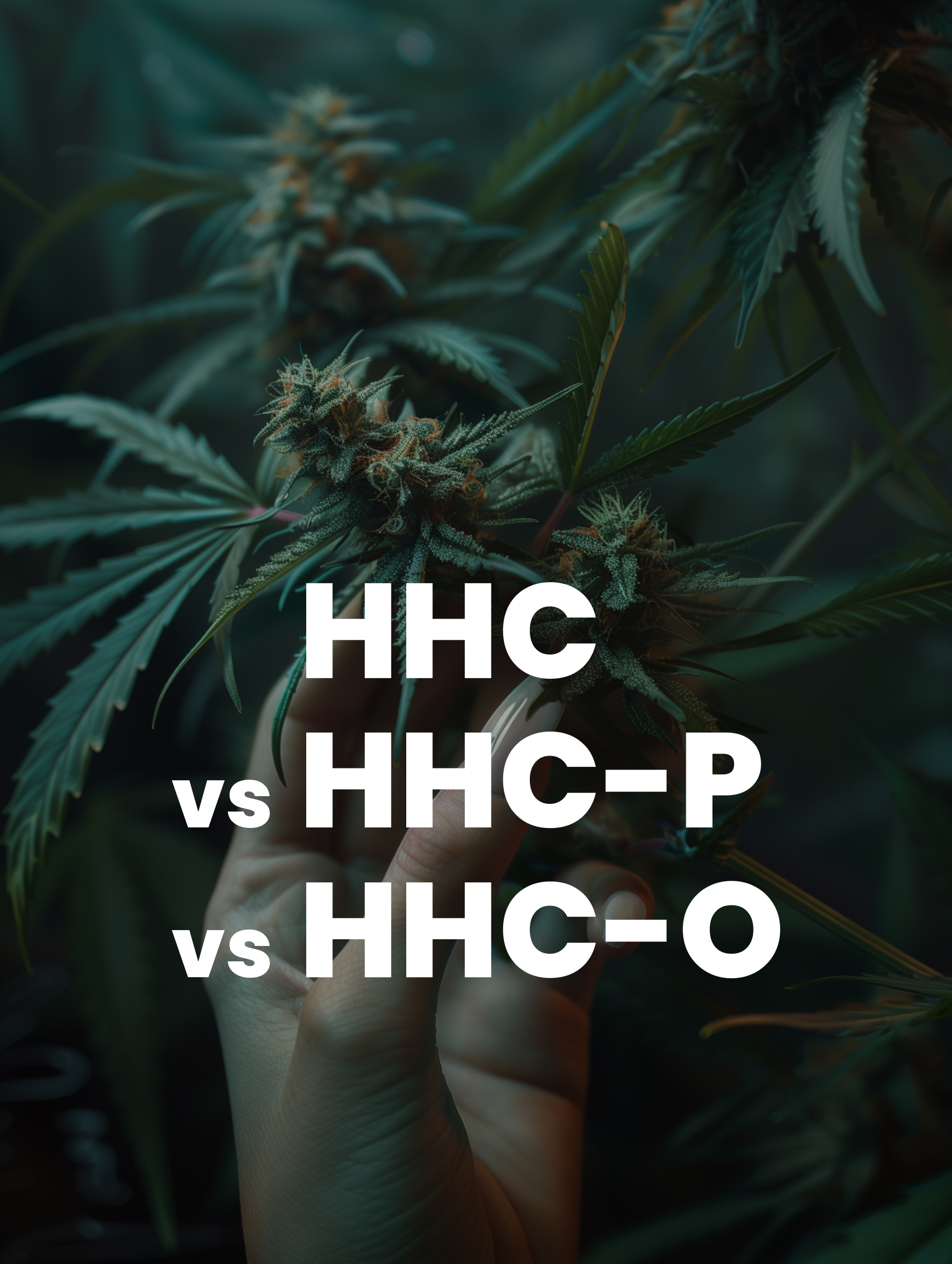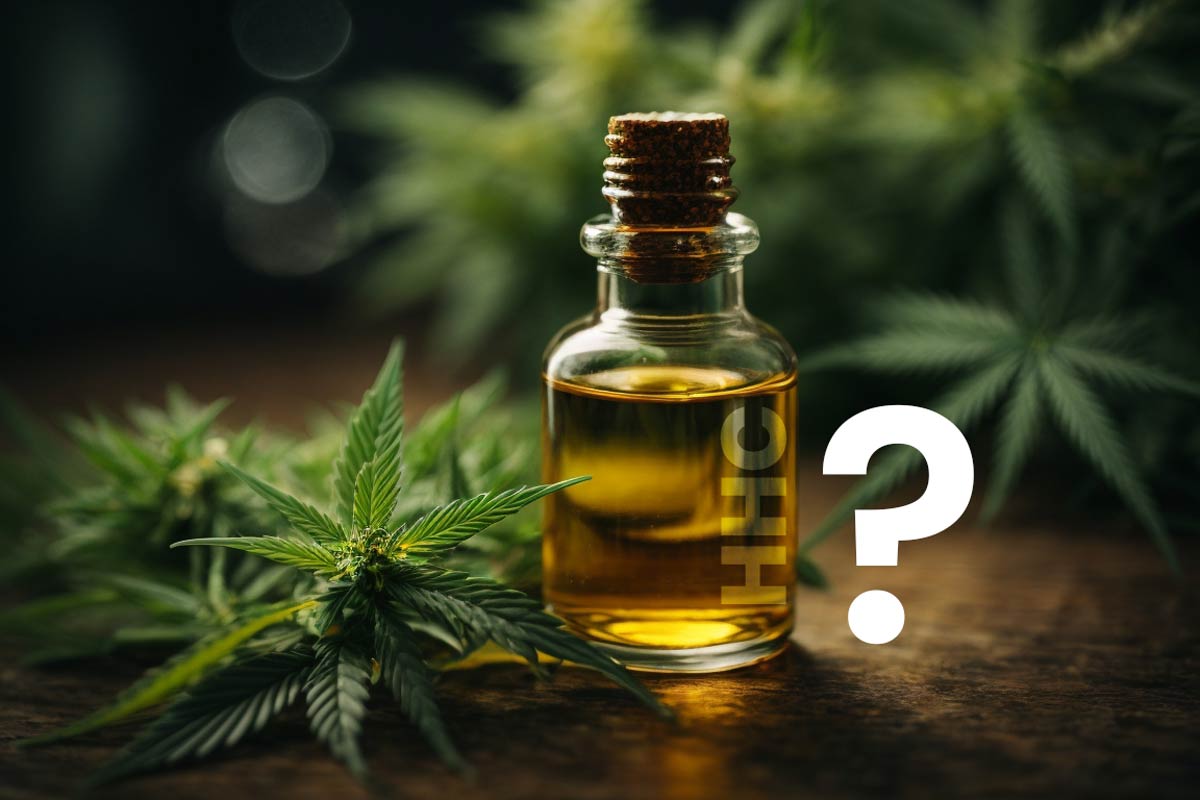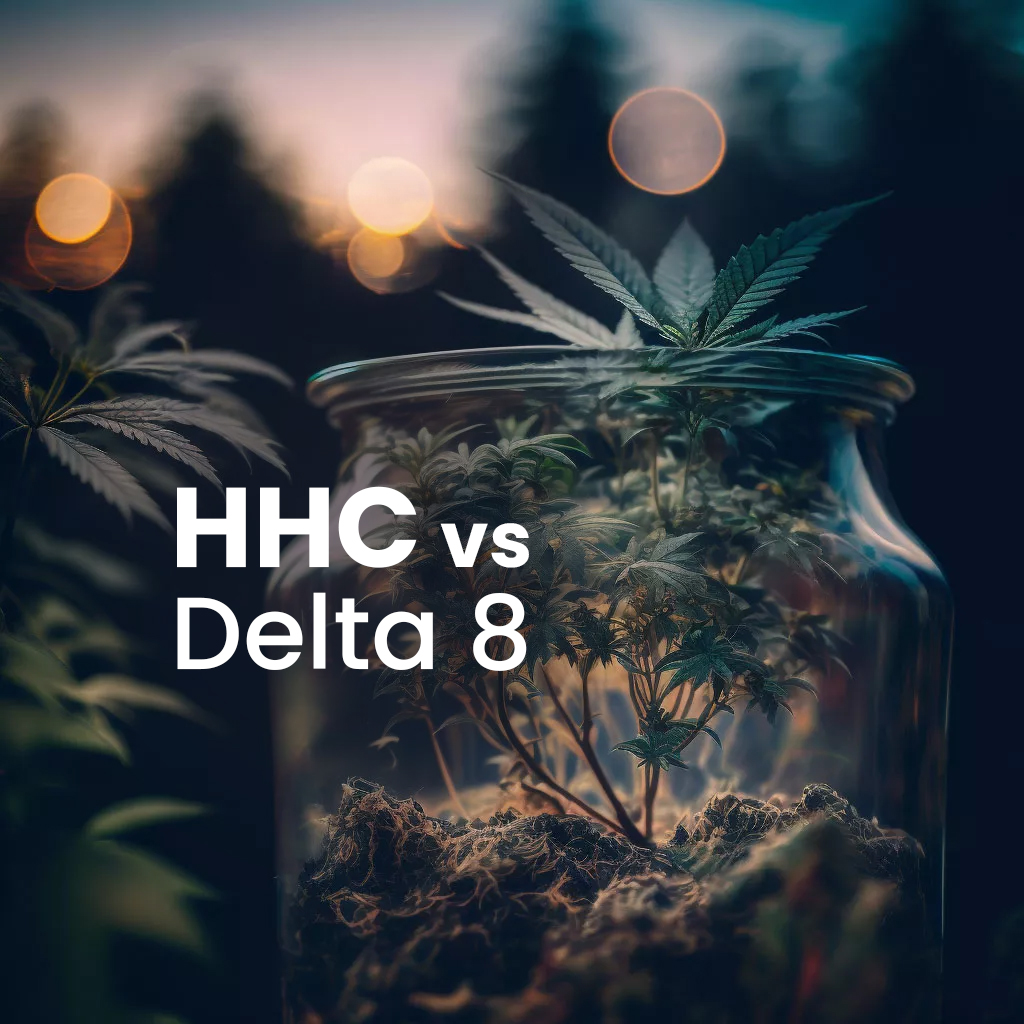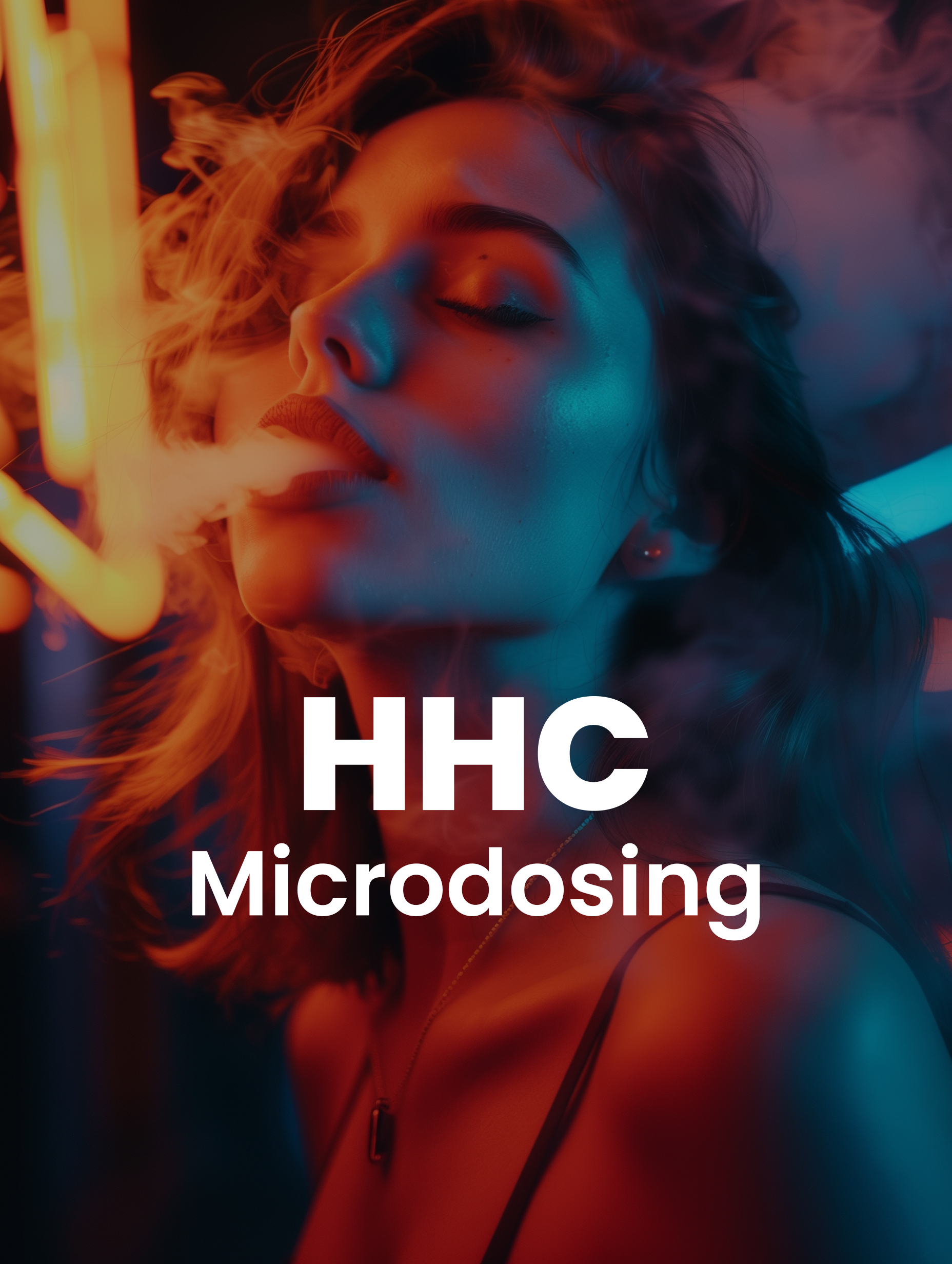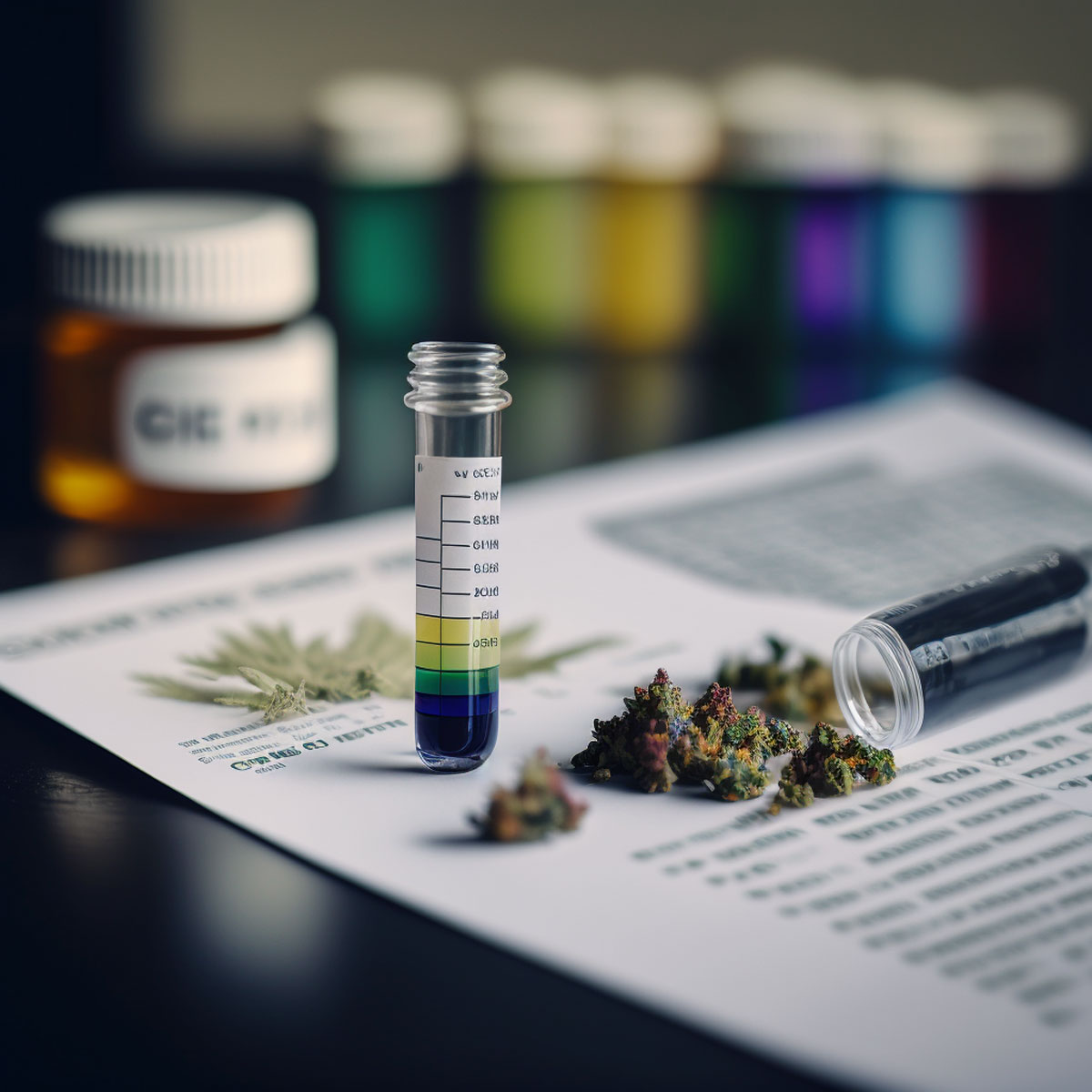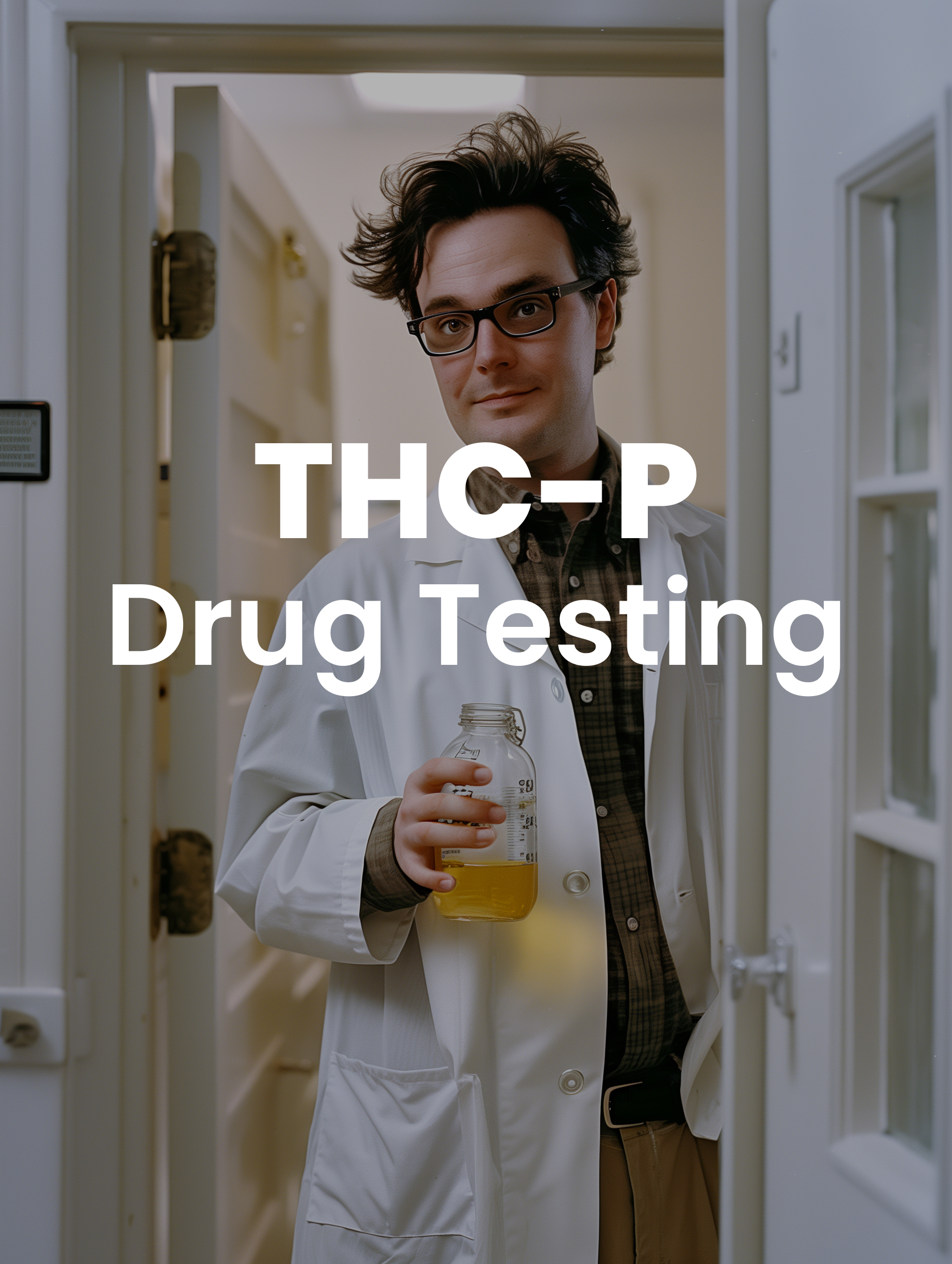Will HHC Show Up On A Drug Test? The Comprehensive Guide
In the rapidly evolving world of cannabinoids HHC has emerged as a new player gaining popularity among cannabis products enthusiasts. This unique compound is often praised as a legal alternative to THC offering similar effects without the same legal risks.
But with the rise of HHC comes a crucial question how does it affect drug tests? For individuals who undergo regular hhc drug screening understanding the relationship between HHC and drug testing is essential. Will consuming HHC products result in a positive drug test? Can you enjoy the benefits of HHC without jeopardizing your employment or legal hhc products status?
In this comprehensive hhc user guide we’ll explore the science behind HHC and drug testing. We’ll examine the current understanding of HHC detection in various types of tests the factors that influence it and the potential risks and precautions to consider. By the end of this article you’ll have a clearer picture of what to expect when using HHC products.

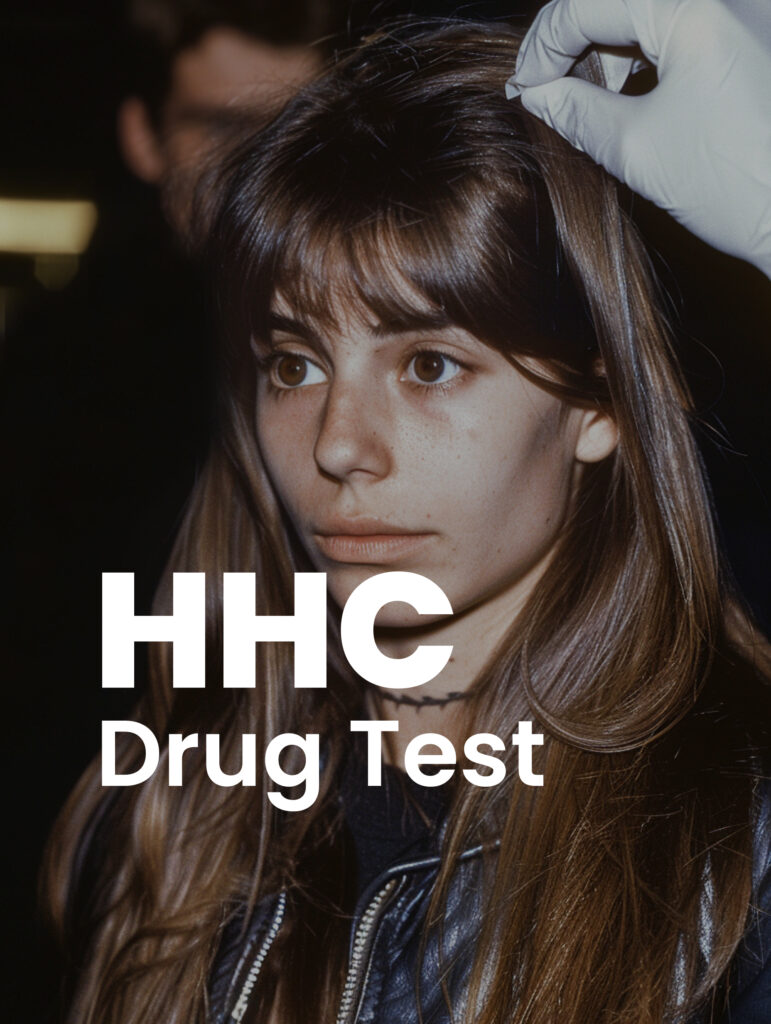
Key Takeaways
- HHC is a legal hemp-derived cannabinoid with effects similar to THC but with a lower potency.
- The science of HHC detection in drug tests is not well-established and mostly based on anecdotal evidence.
- Factors such as dosage frequency of use metabolism and body composition can influence the likelihood of a positive drug test result.
- Different drug tests have varying detection windows and sensitivity levels with urine tests being the most common.
- On average HHC may stay detectable in the body for 3-7 days after a single use up to 14 days for moderate use and 30 days or more for heavy chronic use. However these estimates can vary widely based on individual factors.
What is HHC?

HHC or hexahydrocannabinol is a naturally occurring cannabinoid found in trace amounts in the hemp derived products plant. Its created by adding hydrogen molecules to the thc compound through a process called hydrogenation. This alters the molecular structure and properties of THC resulting in a distinct cannabinoids drug testing with its own unique effects.
One of the main reasons behind the growing interest in HHC is its legal status. Under the 2018 Farm Bill hemp plant and its derivatives including HHC are considered legal at the federal level as long term as they contain less than 0.3% delta-9 THC. However the legality of hhc cannabinoid may vary from state to state.
The Science Behind

When consumed HHC binds to the same cannabinoid receptors as THC particularly the CB1 receptors in the central nervous system. About hhc vs thc: this interaction produces hhc effects similar to THC such as relaxation euphoria altered perception and pain relief. However hhc information is less potent than delta-9 THC meaning higher doses are needed to achieve the same level of effects.
The metabolic pathway of HHC in the body is not as well understood as THC. Some studies suggest that metabolism of hhc into similar compounds as THC while others propose distinct metabolites. This uncertainty contributes to the debate surrounding HHC and drug testing.
Drug Testing

Does HHC show up on a drug test? The answer is not straightforward.
Despite the growing popularity of HHC scientific research on its detection in drug tests is limited. Much of the available information relies on anecdotal evidence and user reports which can be inconsistent.
Some HHC users claim to have passed drug tests without issues while others have reported positive results. Several factors can influence the outcome including the type of drug test individual metabolism the purity and potency of the HHC product and the frequency and duration of use.
Its important to note that most standard drug tests are designed to detect THC metabolites rather than THC itself.
Due to the structural similarity between HHC and THC its possible that HHC metabolites may cross-react with THC tests leading to a false positive result. Additionally some HHC products may contain trace amounts of THC due to contamination during manufacturing further complicating the issue.
Factors

The likelihood of HHC showing up on a drug test depends on various factors:
- Dosage and frequency of use: Higher doses and more frequent use increase the chances of HHC metabolites accumulating in the body and being detected.
- Metabolism: Individual differences in metabolism affect how quickly HHC is broken down and eliminated from the body. Faster metabolisms may clear HHC more rapidly.
- Body composition: Like other cannabinoids HHC is stored in body fat. Individuals with higher body fat percentages may retain HHC metabolites for a longer period.
- Type of drug test: Different drug tests have varying detection windows and sensitivity levels. urine test hhc are the most widely used and can detect thc molecule metabolites for several days after use. Saliva test hhc have a shorter detection window typically up to 24-48 hours after use. Blood test for hhc are rarely used for routine drug screening and have a very short detection window. Hair follicle test hhc have a long detection window up to 90 days but are less common and more expensive.
How Long Does HHC Stay In Your System?

The duration of hhc retention time in the body varies from person to person. Based on available research and user experiences HHC metabolites may remain detectable for the following approximate durations
- Single use 3-7 days
- Moderate use (a few times per week) 7-14 days
- Heavy use (daily or near-daily) Up to 30 days or more
However these are rough estimates and should not be relied upon as definitive guidelines. Factors such as individual metabolism body composition hhc dosage and frequency of use can impact the actual retention time of HHC.
Final thoughts
The connection between HHC and drug testing is complicated and needs more hhc research. As HHC becomes more popular its vital for users to know the possible risks.
While some people have passed drug tests after using HHC theres no guarantee due to the lack of scientific proof. Personal factors like metabolism and body fat add to the uncertainty.
If you get hhc testing regulations its best to avoid HHC completely. If you do use it be responsible and take steps to lower the chance of a positive result. Stay informed about specific drug testing rules at your job or other places.
The laws and views on cannabinoids like HHC may change as they evolve. Keep up with the latest info and decide based on your own situation.
Frequently Asked Questions
Will using HHC cause me to fail a drug test?
Theres no clear answer. Some users report passing tests after taking HHC while others have failed. The lack of scientific evidence makes it hard to predict how HHC will affect various drug tests.
How long does HHC stay in your system?
The time HHC remains detectable in the body differs for everyone. Based on limited research and user reports HHC metabolites may be found for
- 3-7 days after one-time use
- 7-14 days with moderate use (a few times a week)
- Up to 30 days or longer with heavy daily use
Keep in mind these are rough estimates. Factors like metabolism dosage and frequency of use can all impact how long HHC stays in your system.
What factors affect the detectability of HHC in drug tests?
Several things can influence whether HHC shows up on a drug test:
- How much and how often you use it: Higher doses and more frequent use raise the chances of HHC metabolites building up and being detected.
- Your metabolism: People metabolize HHC differently. Faster metabolisms may clear it out more quickly.
- Your body composition: Like other cannabinoids HHC is stored in body fat. Those with higher body fat percentages may retain HHC metabolites longer.
- The type of drug test: Different tests have different detection times and sensitivity. Urine tests are most common and can detect metabolites for several days after use. Saliva and blood tests have shorter windows. Hair tests can detect use over a longer period but are less common.
Is there a way to use HHC without risking a positive drug test?
The only foolproof way to avoid a positive result is to not use HHC at all. If you do choose to use it there are a few things you can do to lower the risk:
- Use smaller amounts less often to reduce the buildup of metabolites.
- Give yourself plenty of time for HHC to clear out of your system before any drug tests.
- Buy HHC from trustworthy companies that test their products for purity and potency. Avoid products that might be contaminated with THC.
However none of these methods are guaranteed to prevent a positive test result.
What should I do if I test positive for HHC on a drug test?
If you fail a drug test after using HHC its important to stay calm and consider your options. You may be able to:
- Explain your use of legal hemp-derived HHC products and provide evidence of their legality and your purchase.
- Request a retest especially if you believe the positive result is a false positive due to cross-reactivity with HHC metabolites.
- Seek legal advice if you believe the test result is inaccurate or if you face serious consequences like job termination.
The statements on this blog are not intended to diagnose, cure, treat or prevent any disease. FDA has not evaluated statements contained within the blog. Information on this website or in any materials or communications from Inheal is for educational/informational purposes only and is not a substitute for medical advice, diagnosis, or treatment. Please consult your healthcare provider before making any healthcare decisions, correct dosage or for guidance about a specific medical condition.

A connoisseur of cannabis creativity and true contemplation with more than 20 years of experience, Chris extracts deep thoughts from getting lightly baked and shares his wandering mind. He blends cuisine and cannabis culture into nutritious, delicious recipes and insights for other hemp lovers.
Related Posts

HHC vs. HHCP vs. HHC-O: Complete Comparison

Is HHC Stronger Than Delta 8

HHC vs Delta 9

What is HHC? Understanding Hexahydrocannabinol

Comparing HHC vs Delta 8: Which is Right for Me? – Inheal

Is HHC Legal in Your State? Everything You Need To Know

Guide to Microdosing HHC for Focus, Creativity, and Wellness

How Long Do Edibles Stay in System for Drug Tests?

THC-P and Drug Testing: Will You Pass or Fail?
All Posts


